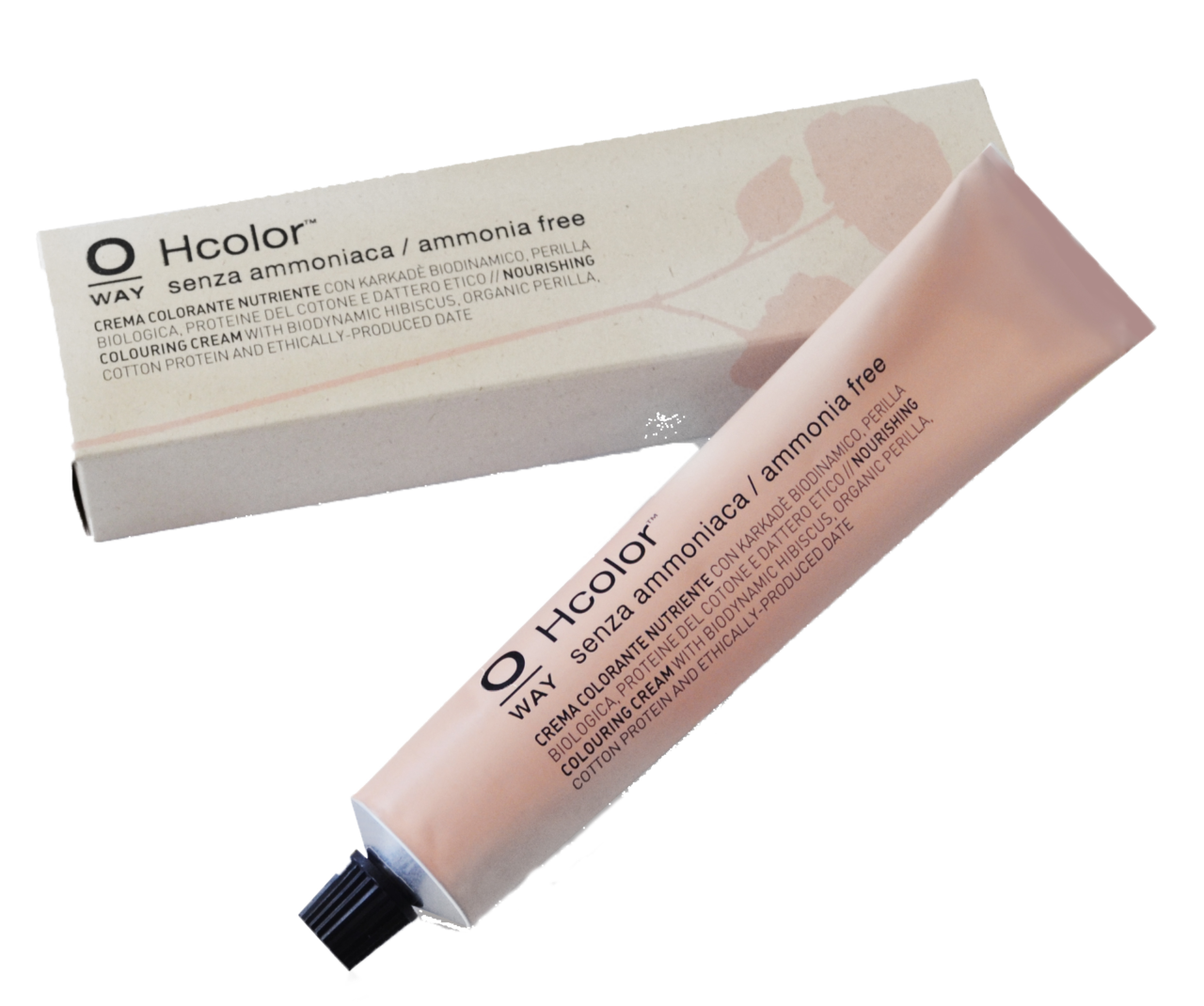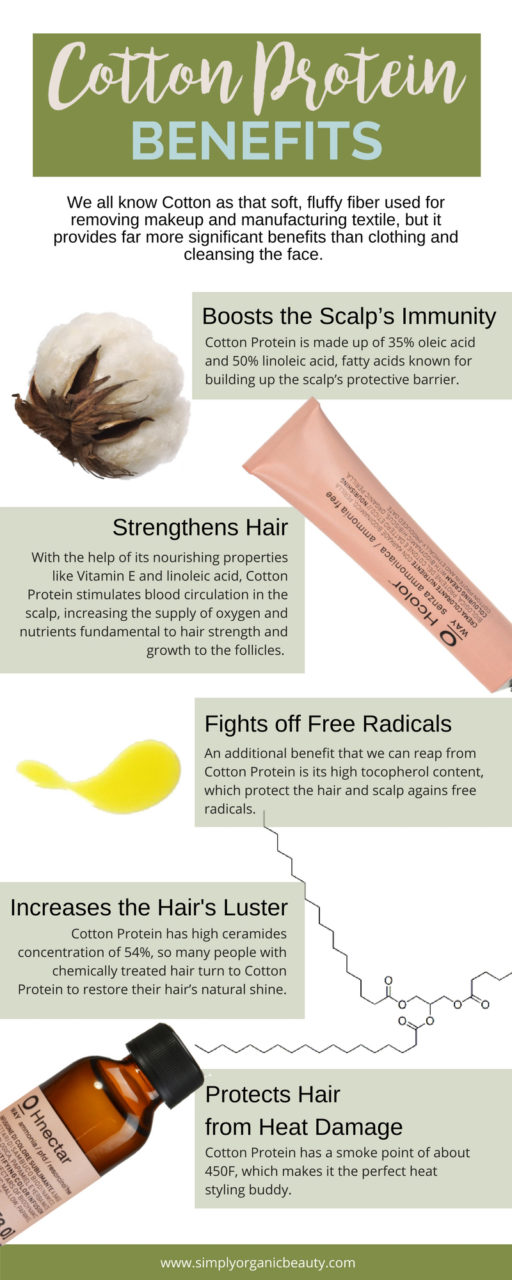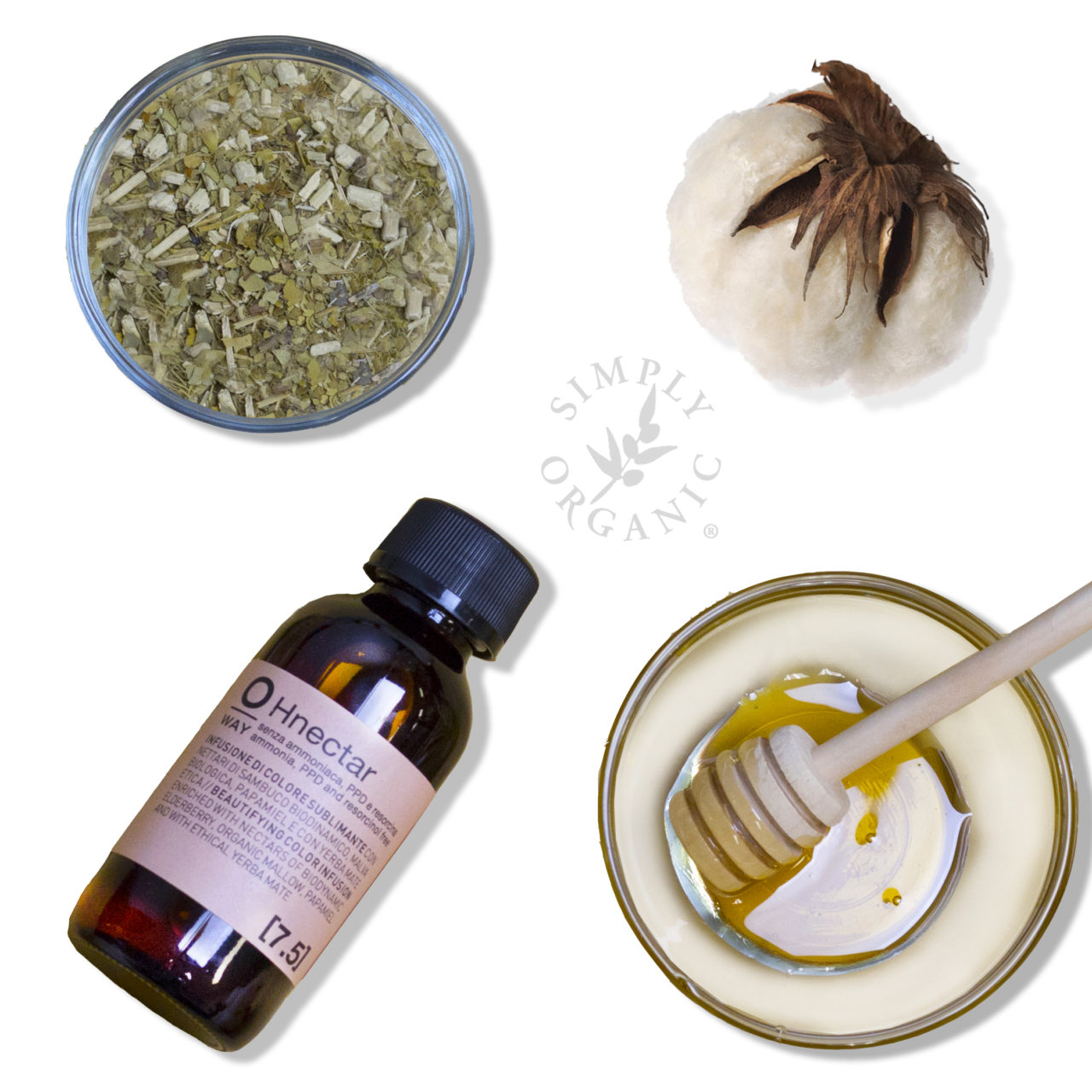We all know Cotton as that soft, fluffy fiber used for removing makeup and manufacturing textile. But Cotton is more than clothing and makeup remover.
Its seed, also known as Cottonseed or Gossypium, is perhaps the most valuable part of the crop when it comes to health. After the fibers have been stripped out, the mature kernels are pressed to create oil.
Due to its high nutritional content, cottonseed oil is used as food for livestock, fertilizers, cooking oil, salad dressing, and cosmetic ingredient. An excellent source of Protein and Essential Fatty Acids, it doesn’t surprise us that many salon products are including this magical ingredient in their formulas.
Benefits of Cotton Protein to the Hair
Boosts the Scalp’s Immunity
 Think of your hair as plant, and the scalp as the soil. The scalp is where the hair gets all the nutrients it needs to grow healthy and strong. So when the scalp is weak, all sorts of hair issues spring up.
Think of your hair as plant, and the scalp as the soil. The scalp is where the hair gets all the nutrients it needs to grow healthy and strong. So when the scalp is weak, all sorts of hair issues spring up.
Cotton Protein is made up of 35% oleic acid and 50% linoleic acid, fatty acids known for building up the scalp’s protective barrier.1 This helps boost its immunity against irritants, bacteria, and other external aggressors that trigger the scalp to go haywire.
Strengthens Hair
Most of our hair issues are caused by internal problems, such as bad scalp conditions and low blood circulation. One amazing thing about Cotton Protein is that it addresses problems straight from the root.
With the help of its nourishing properties like Vitamin E and linoleic acid, Cotton Protein stimulates blood circulation in the scalp, increasing the supply of oxygen and nutrients fundamental to hair strength and growth to the follicles. This action invigorates the follicles and promotes stronger, thicker hair. So if you have weak tresses but still want color, choosing a hair dye that contains Cotton Protein is recommended. Oway Hcolor is formulated with this ingredient, along with other nourishing oils.
Fights off Free Radicals
Free radicals are molecules that contain an unshared electron present in all living bodies as well as the environment.2 When these free radicals become unstable, the electrons react rapidly to oxygen, causing cellular damage and oxidative stress. This eventually results in hair damage and thinning.
An additional benefit that we can reap from Cotton Protein is its high tocopherol content.3 Tocopherols are naturally occurring antioxidants that fight off free radicals and relieve the hair and scalp of oxidative stress.
Increases Hair Luster
We’ve all heard about Ceramides and how it helps give the hair that enviable shine. Ceramides are lipids naturally present in the hair cuticle. They bind the cuticles and keep them in place, giving the strands that “healthy hair” sheen. Without them, the hair dries out, which can lead to damage.
Cotton Protein has high ceramides concentration of 54%, so many people with chemically treated hair turn to Cotton Protein to restore their hair’s natural shine. The ceramides in Cotton Protein flattens the cuticles, closing the door to external aggressors and potential damage.

 If you’re looking for a gentle, Cotton-Protein infused hair color, we recommend trying Oway Hnectar, an organic nectar hair color that leaves the hair looking silky smooth after the treatment.
If you’re looking for a gentle, Cotton-Protein infused hair color, we recommend trying Oway Hnectar, an organic nectar hair color that leaves the hair looking silky smooth after the treatment.
Protects Hair from Heat Damage
If you’re looking for a natural heat protectant, Cotton Protein is your best bet. It’s one of the few natural oils that can withstand high heat. Cotton Protein has a smoke point of about 450F, which makes it the perfect heat styling buddy.
Who knew Cotton can be so good for you?
Sources:
1 Mogos, T et. al. (1994). The hair levels of unsaturated fatty acids (oleic, linoleic, and linolenic) indicators of the lipid metabolic balance. Available: https://www.ncbi.nlm.nih.gov/pubmed/7920331
2 National Institutes of Health. Vitamin E. Available: https://ods.od.nih.gov/factsheets/VitaminE-HealthProfessional/
3 Agarwal, D et. al. (2003). Central Institute for Cotton Research Nagpur. Cottonseed Oil Quality, Utilization and Processing. Available: http://www.cicr.org.in/pdf/cottonseed_oil.pdf




